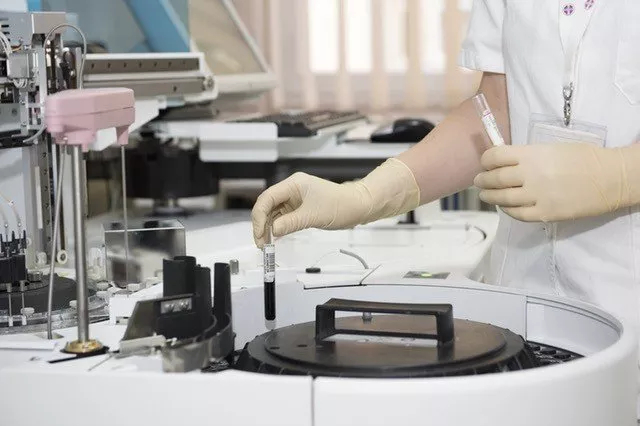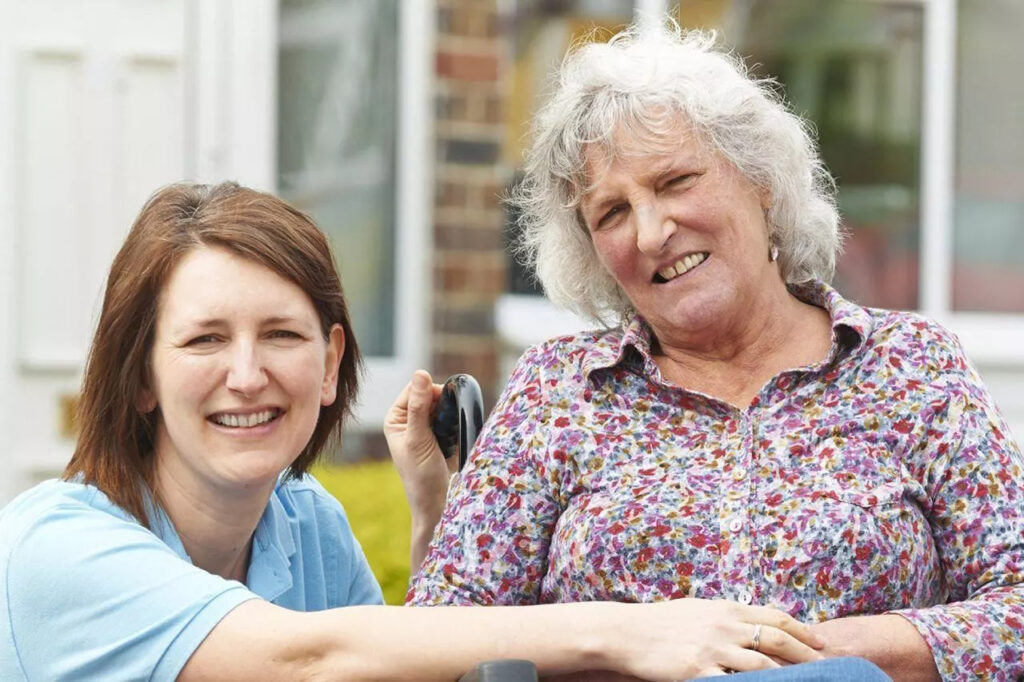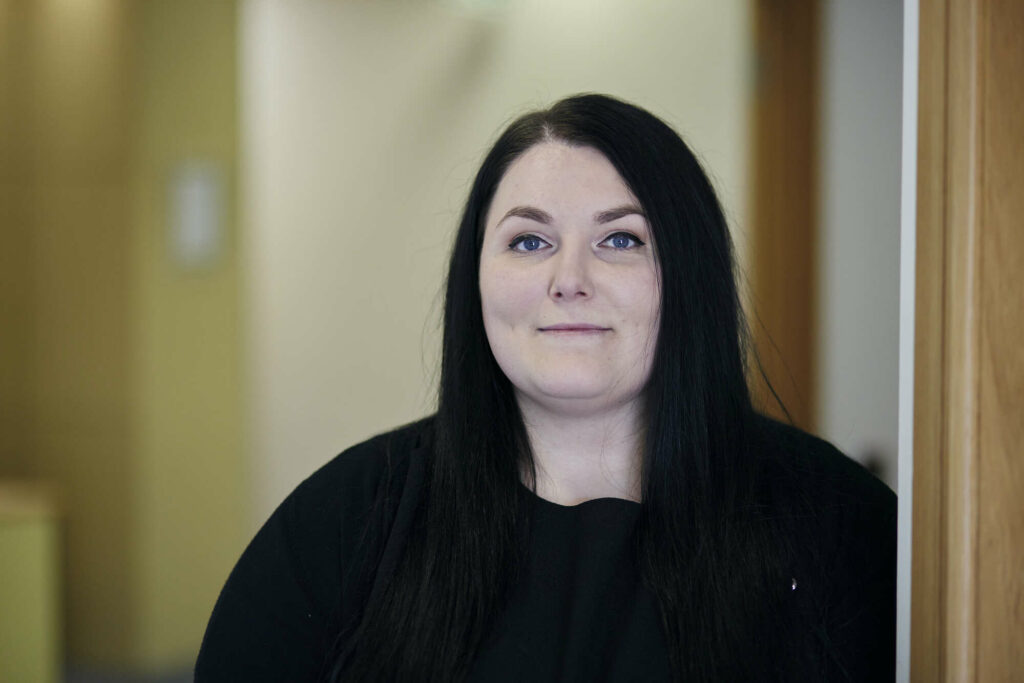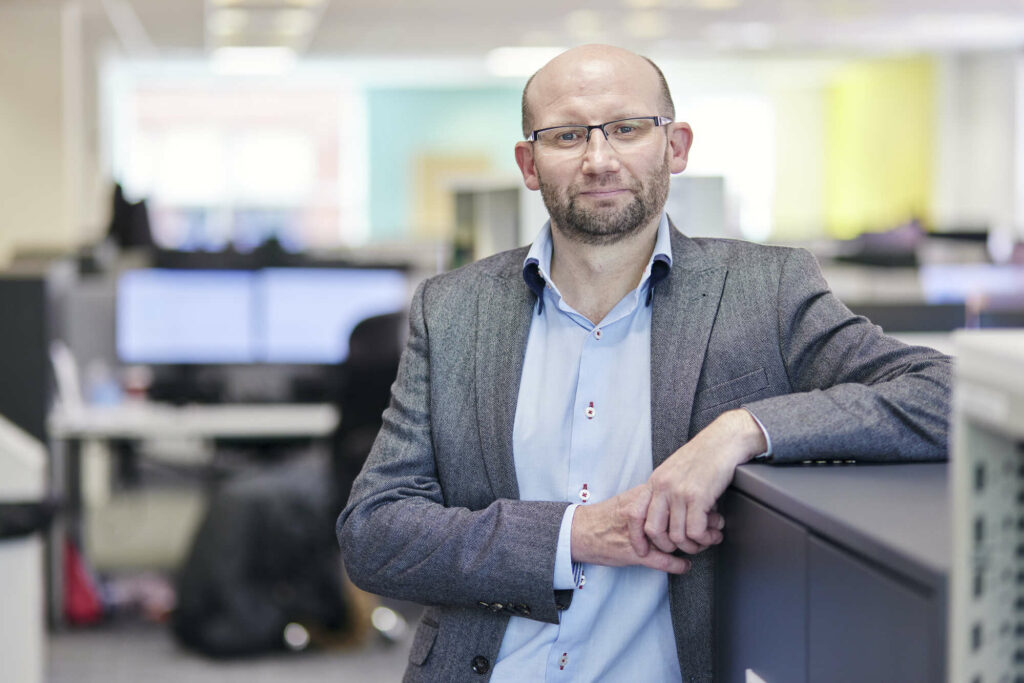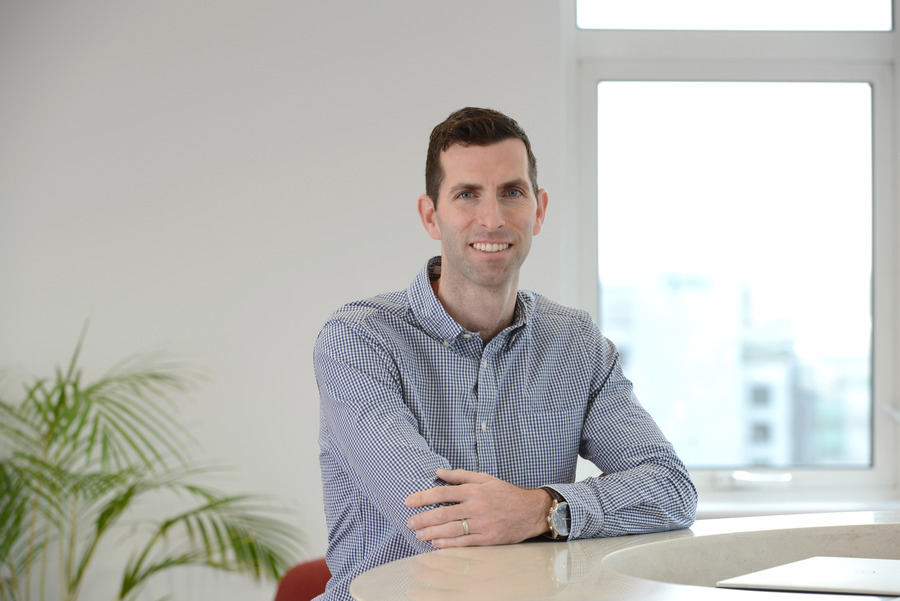Understanding medical negligence for cancer
Many types of cancer respond well to early treatment so receiving a late diagnosis can have a negative impact on your recovery. Some of the reasons you may want to consider making a claim are:
- GPs not making a timely referral to a specialist or misinterpreting your symptoms
- significant delays in having investigations/setting a treatment plan
- a late diagnosis meaning you need a more aggressive treatment with lasting effects
- delays resulting into the cancer spreading or not being curable anymore.
We often take on claims on behalf of loved ones who lost their family member because of a delayed or missed cancer diagnosis.
Every type of cancer is different and every patient responds differently to treatment. For that reason we have a specialist team whose expertise lies in helping patients and their loved ones understand if the treatment they received was negligent or not. Some of the key areas of cancer claims we can support with are:


